
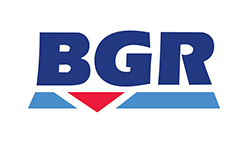
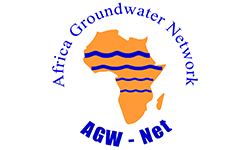
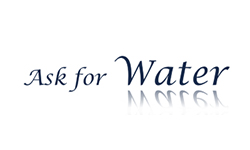
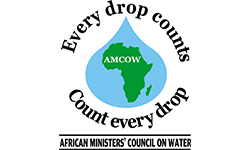
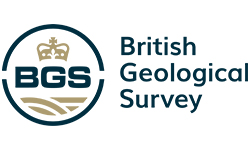
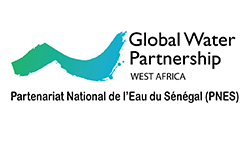
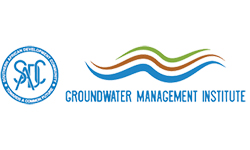
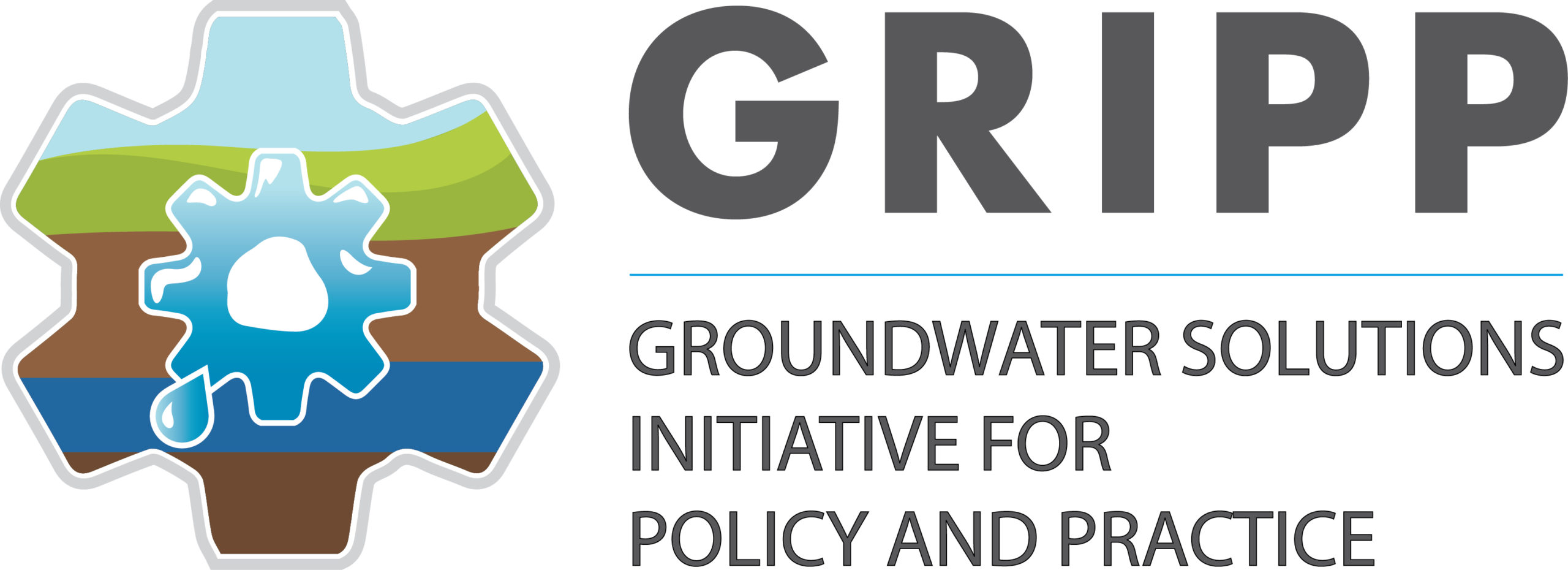
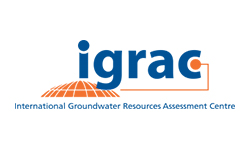
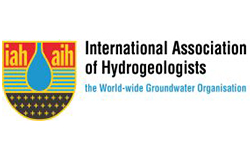
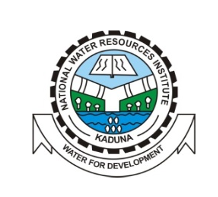
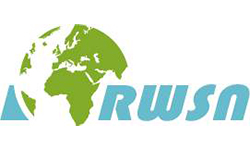
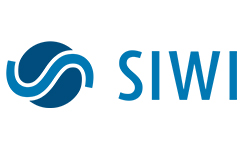
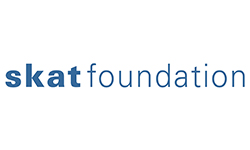
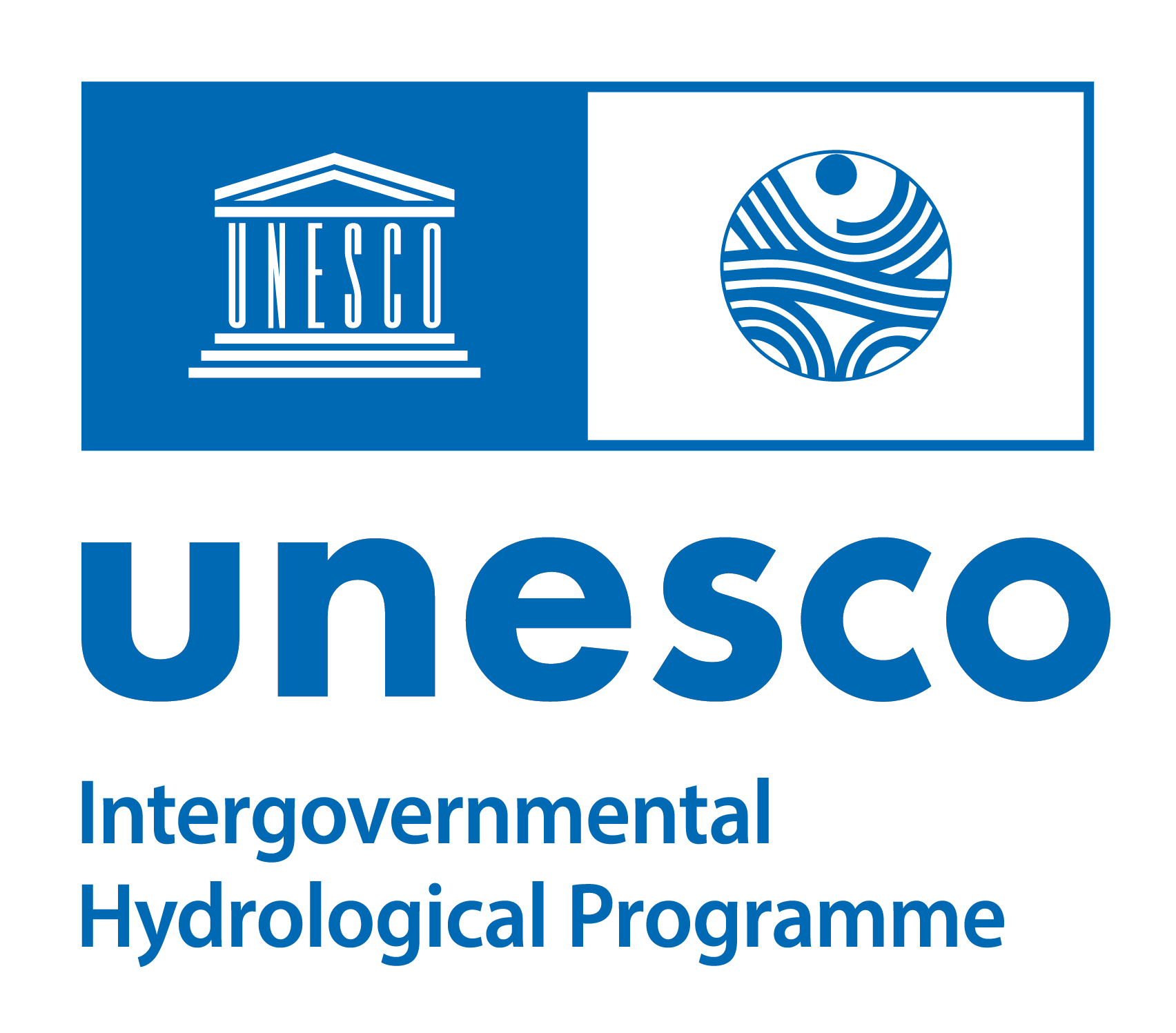
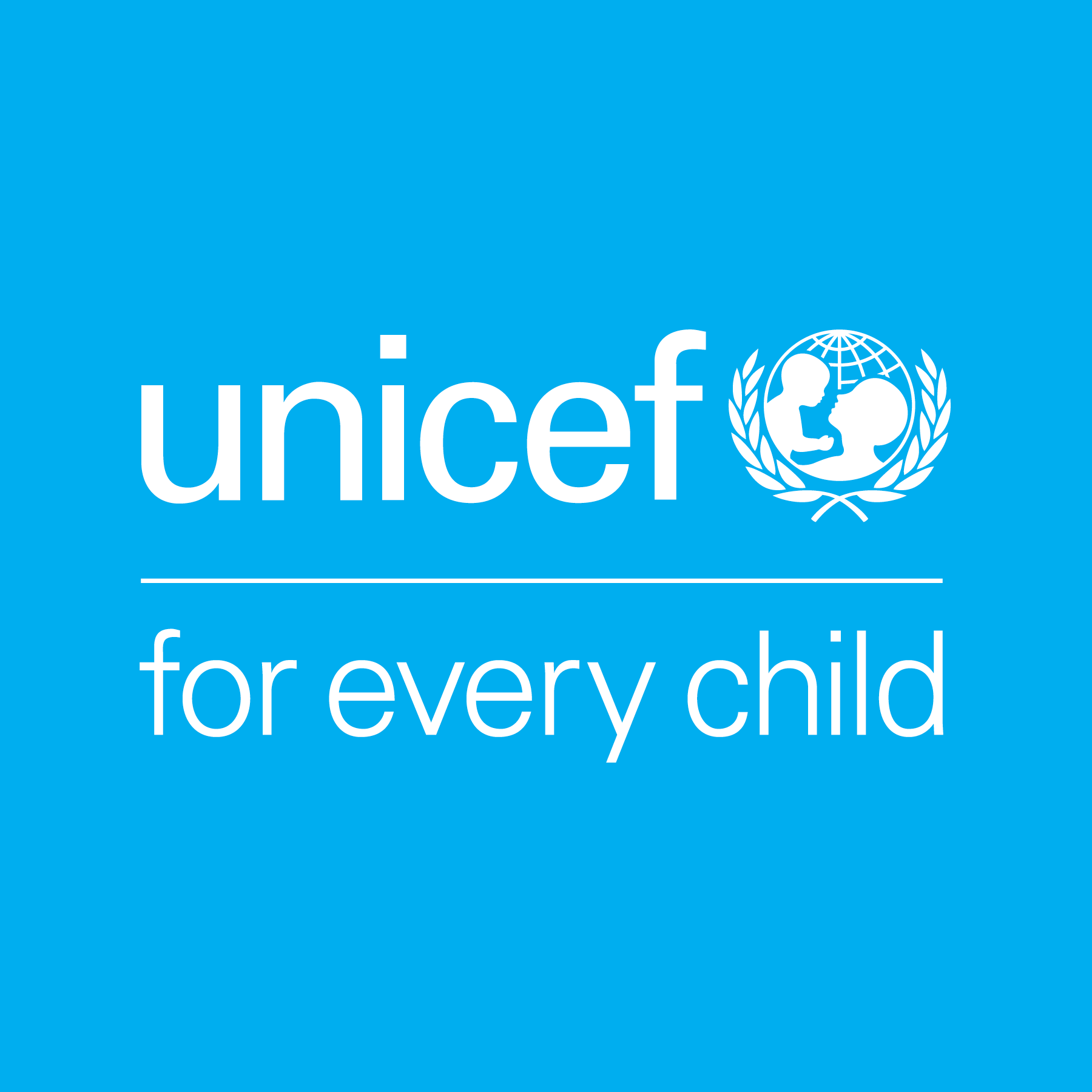
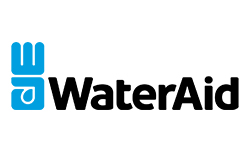
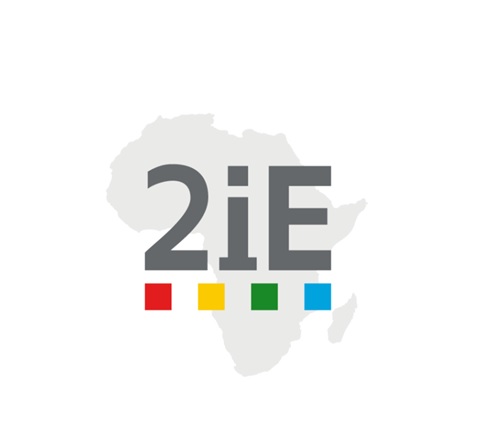
About this course
An estimated 50% of the global and 75% of the African population rely on groundwater for their drinking water supplies. This is likely to increase in the future, especially in the face of climate change.
Drilled water wells are vital to achieving universal, clean drinking water, with the sources safe, affordable, reliable and available. Services also need to be constructed in order to last. To achieve this, water wells, or boreholes must be drilled, developed and completed in a professional manner. Key elements of a professional drilling sector are procurement, contract management, siting, borehole design, construction, and supervision. Water resources must also be considered and long-term support is required to maintain water supply services.
Objective
This is an introductory course on how to professionally manage water well drilling projects and programmes. It will equip participants with knowledge on: groundwater information, siting, costing and pricing, procurement and contract management, borehole drilling and supervision and how professional water well drilling is affected by the wider legal and institutional environment.
Participants
Who should take this course?
The course is designed for professionals who are already engaged in the management of water well drilling projects or programmes with an emphasis on low– and middle–income countries. They should either be already involved in drilling management or expect to undertake work in this area within one to three years. Target participants include government, NGO, UN and donor organisation staff, as well as those working in the private sector. Participants may be working in development or humanitarian aid/emergency contexts.
Participants are not expected to have an extensive prior knowledge of groundwater or water well drilling. A university degree is not essential for participation if individuals are professionally engaged in the topics or working in a related field, but they should have successfully completed at least 10–13 years of school education.
Learning Objectives
By the end of the course participants will:
- Have an understanding of the key elements of a professional water well drilling sector including key reasons that boreholes fail, or perform poorly and why drilling supervision is important.
- Recognise the value of groundwater data and know what constitutes good borehole siting.
- Appreciate the importance of drilling supervision.
- Have improved their knowledge of drilling procurement and contract management
- Understand what constitutes a strong institutional framework (at national or state level) for borehole drilling, including driller licencing, borehole permits and drillers associations.
Approach
This online course is self-paced. Participants will have access to presentations, animated films and other educational materials and are expected to take quizzes, as well as engage in online discussion forums with one another. Participants will receive limited feedback from facilitators in the online discussion forums. Through these mechanisms, participants will learn about good drilling management policies and practices, and have the opportunity to reflect on those of their own organisations.
Selection Criteria and Dates
From those who apply, 250 participants will be selected. The selection criteria include:
- Priority to female participants with a target of 30% female participants
- Emphasis on youth (under 35) and mid-career professionals (36-55)
- 150 out of the target 250 are to be based in Africa, and nationals of African member states
- Priority to government staff
Interested applicants are welcome to apply between Tuesday, 10th May and Wednesday, 15th June, with successful participants informed by 20th June. The course will start on Friday, 24th June and run up to the 29th October 2022.
Contents and Course Structure
Module 1: Groundwater Data and Siting
This module will provide participants with:
- an appreciation of the importance of groundwater for drinking water supplies in their own country
- an understanding of select key groundwater terms
- recognition of the value of groundwater data
- a basic understanding of what constitutes good borehole siting and how the siting process depends on the hydrogeological environment.
Module 2: Procurement and Contract Management of Borehole Drilling
Upon completion, participants will have a better appreciation of the financial risks of borehole drilling and know that there are different cost components to consider. They will thus be able to reflect on the borehole drilling procurement and contract management processes within their own organisation.
Module 3: Borehole Drilling and Supervision
By the end of this module participants will understand some of the key technical reasons for immediate and long-term borehole failure and to appreciate the skills and equipment required to ensure that boreholes drilled to a high quality. Participants will appreciate the importance of drilling supervision; know the responsibilities of the drilling supervisor and the actions to be carried out at each stage to ensure that the driller delivers the borehole as specified in the contract.
Module 4: Legal and Institutional Considerations
This module introduces participants to the key elements of the legal and institutional framework (at national or state level) that supports borehole drilling professionalism. These include driller licensing; borehole permits and national (or state level) associations.
Module 5: Actions to Raise Drilling Professionalism
This module equips participants with a wider perspective of the groundwater development sector in the country in which they work. Participants will have opportunities to draw upon, and integrate the knowledge developed through the previous modules, and engage in dialogue with others. The final quiz will focus on potential actions by that could be taken to improve borehole drilling professionalism in the context in which they work.
Facilitators
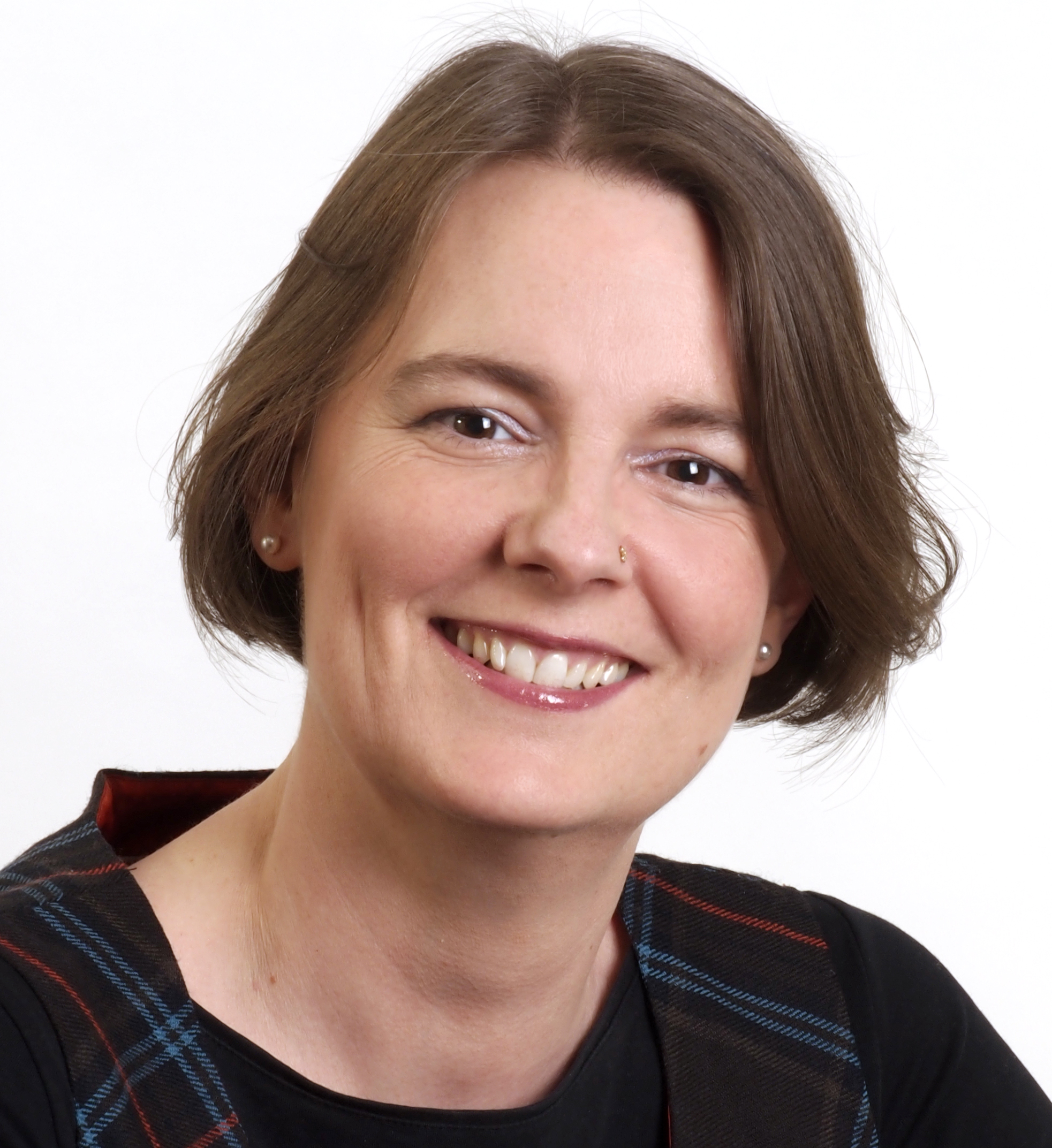
Dr. Kerstin Danert
Course Manager
Dr. Danert is a water specialist, researcher and facilitator with over 20 years of experience, who has worked in over 15 countries in sub-Saharan Africa. Her passion is water supply and groundwater resources in sub-Saharan Africa. She has spent over a decade working to improve the quality of boreholes in the sub-continent, and more recently has been examining problems with handpump component selection, quality and supply chains.
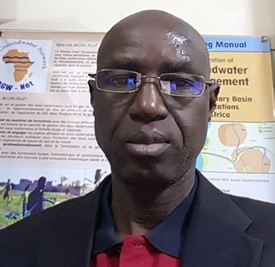
Dr Moustapha Diene
Hydrogeologist / Senior Assistant Professor, University Cheikh Anta Diop, Dakar – Senegal
Dr Diene earned a water engineering degree from the Technical University of Gdansk (Poland) and a doctorate degree in hydrogeology and hydrochemistry at Cheikh Anta Diop University in Dakar (Senegal). He has extensive experience in groundwater management, water supply and sanitation, through research and national/international projects. He is the former Network Manager of the Africa Groundwater Network (AGW-Net), and currently a member of the Steering Committee; he has implemented and facilitated many training courses on integrated groundwater management in Africa.
![]() Language: English.
Language: English.
![]() Structure: 5 modules.
Structure: 5 modules.
![]() Level: Introductory.
Level: Introductory.
![]() Content: readings, videos, forums.
Content: readings, videos, forums.
![]() Time: 15 hours.
Time: 15 hours.
![]() Total time dedication: 5 weeks.
Total time dedication: 5 weeks.
![]() Institutions:
Institutions:
Federal Institute for Geosciences and Natural Resources (BGR)
AMCOW Pan-African Groundwater Programme (APAGroP)
Ask for Water GmbH
Cap-Net UNDP
Africa Groundwater Net (AGW-Net)
British Geological Survey
Global Water Partnership
Groundwater Management Institute
Groundwater Solutions Initiative for Policy and Practice
Institut International d'Ingénierie de l'Eau et de l'Environnement
International Association of Hydrogeologists
International Groundwater Resources Assessment Centre
National Water Resources Institute
Partenariat National de l’Eau du Sénégal (PNES)
Rural Water Supply Network (RWSN)
Skat Foundation
Stockholm International Water Institute
UNESCO Intergovernmental Hydrological Programme
UNICEF
WaterAid
